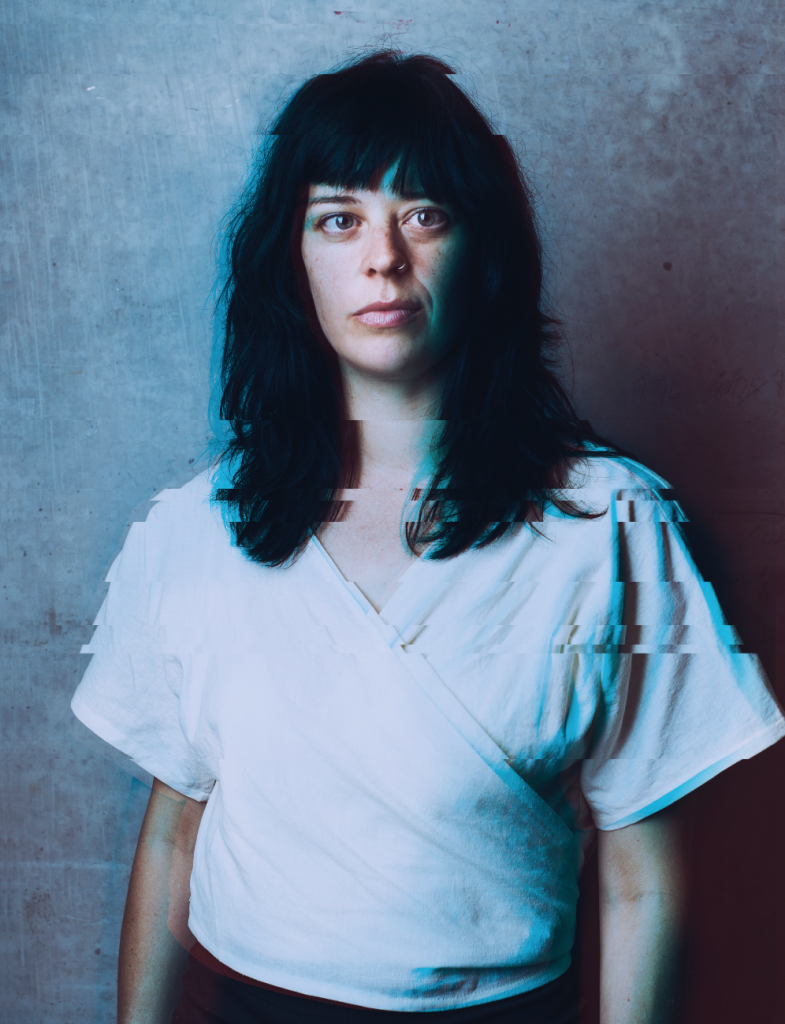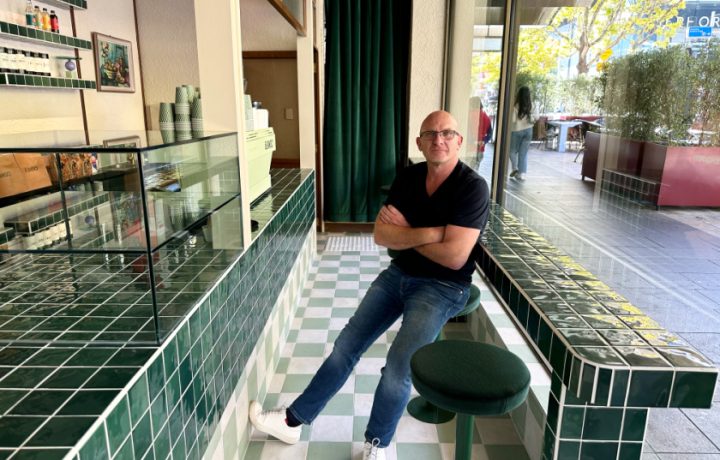Excerpt: Navigating life in art, together alive at the same point in time

Posted on
THERE WAS A cynicism creeping up on me: the idea that all we did in the arts world, or in galleries at least, was get people splendidly drunk in front of attractive backdrops once every six weeks or so.
I was comfortable in my job at the Contemporary Art Space. The pay was relatively good, for a twentysomething anyhow. It was relaxed. The people were great. I knew I could easily stay there forever, and so I knew I had to go. With a few thousand dollars saved I resigned, with no plans other than to write my blog and see what happened.
Elsewhere in Canberra, something was eating at David, too. With his science/theatre collective, Boho, he was testing the possibilities of getting away from the art world, or rather, putting it to better use.
I met David Finnigan in 2009 at This Is Not Art – the way so many art-world stories begin. He was co-founder and director of Crack Theatre Festival, and I was incumbent co-director of the Critical Animals symposium. In late 2010 I took a phone call from him out of the blue. Would I meet for a coffee, to talk about a project that had come his way? And I would, of course – I had nothing else to do.
It was a festival designated by Robyn Archer as part of the Centenary of Canberra. Underground, emerging, youth. ‘Activating vacant spaces’; on-trend and spouting all the buzzwords. David knew about festivals, and especially knew enough that he didn’t want to go it alone. Despite my inexperience, I could see this wasn’t the kind of gig that came up often. The fact it had a budget was rarer still. I googled ‘what is a producer’ and said I was in.
In a city so small and folded in on itself, it still surprises me that David and I hadn’t met much earlier. But then, my focus was quite narrow – as was his. I wanted to be an artist, and painting, drawing and galleries was all I thought about. David was reading fantasy and science fiction, trawling his parent’s bookshelves, fronting up to the Canberra Youth Theatre, and always knew he would write.

Yolande Norris by Martin Ollman
As bookish and precocious middle-class children from neat suburbs, school appealed to our sensibilities, and the accolades came easily. University was another matter. In thirteen years of Catholic education I hadn’t learnt how to have an original thought, and my four years at the ANU School of Art saw me reckon daily with that fact. Studying English at the ANU, David, also accustomed to private school rigour, floundered in a lack of structure and supervision. I needed to break out, he needed to pull in. In both cases art compensated for a lack of social capital.
At the beginning of the century, Canberra was a town where you either got out or got involved. You created what you needed to thrive. Perhaps it was because we had both travelled and lived overseas as kids that, when our peers made the exodus to the flatlands of Melbourne, we were among the relative few who remained. In this tiniest of ponds, the independent art scenes were strong. The city was not yet within the velvet-gloved grasp of developers, and there were still places to play, still a small-town ease and a concentrated population of young and emergent artists.
There was a fervour for theatre and a swathe of independent companies. David was embedded in this scene, known as a playwright, poet and performer. He was publishing play scripts and other writings via a blog, throwing them at the world. Bored with television, I set up a blog too and started to write about the exhibitions I saw, the artist studios I visited, works that caught my eye.
At some point people started calling my blog posts reviews, and me a critic. Neither things I had intended, but it was sort of seductive to imagine people taking me seriously for the first time in my young life, and to recognise the currency of my own opinion. I seemed incapable of making what I considered ‘art’ but I knew about nothing else, and knew only artists and musicians. I started to understand that they needed people like me. Art needed words and words were all I had. Putting those words out into the world had never been easier – from your laptop, you could present whatever face you liked, and in that first decade of the 2000s David and I were becoming what we invented.
This is an excerpt from Griffith Review 56: Millennials Strike Back. You can see Yolande with other Griffith Review 56 authors Sam Vincent and Billy Griffiths in a panel discussion with Julianne Schultz at Muse Canberra on Sunday 21 May from 3pm.
Tickets are $10 and include a complimentary glass of house wine or soft drink. Find out more information and book tickets here


Leave a Reply
You must be logged in to post a comment.